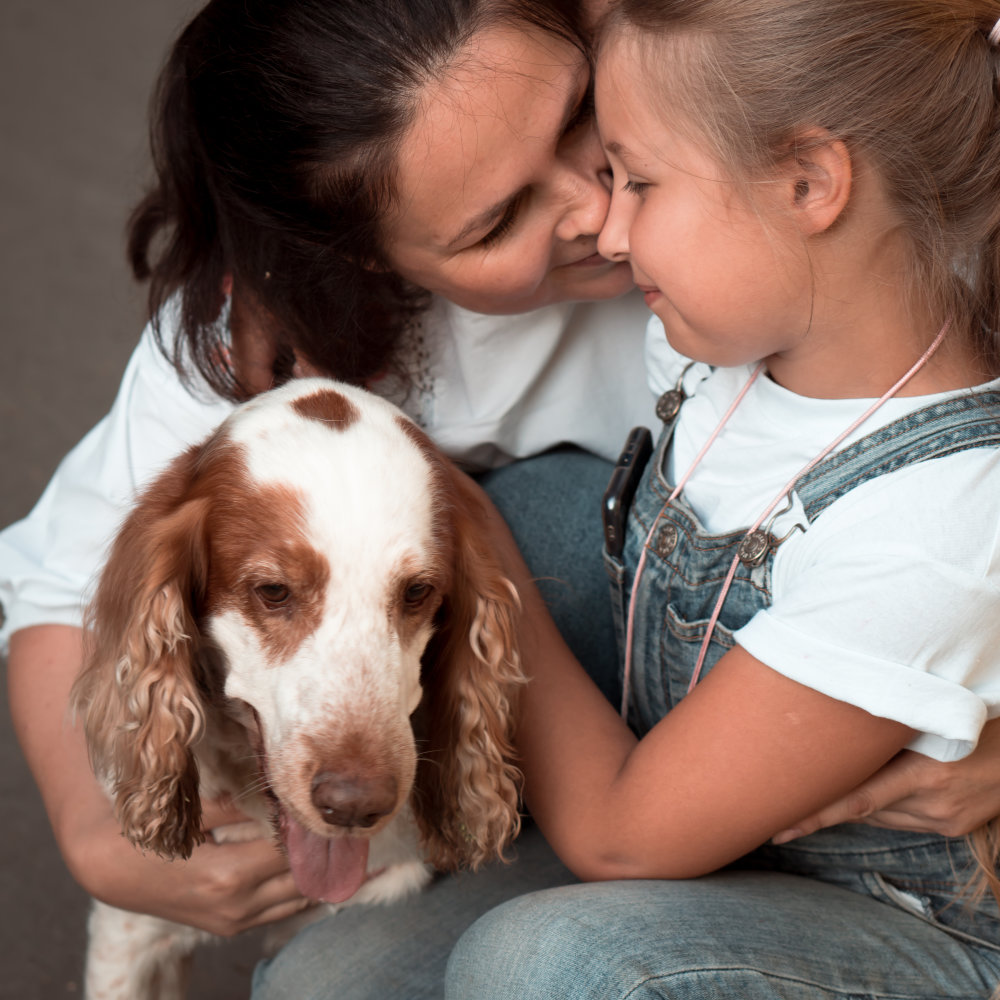
29 Jun Cleaning and Infection Control in Veterinary Practices
Introduction
Maintaining a clean and hygienic environment is crucially important in veterinary practices. As medical facilities that care for animals, veterinary practices must prioritise infection control to safeguard the health of both animals and humans. Effective cleaning and disinfection practices play a vital role in preventing the spread of infectious diseases, minimising the risk of cross-contamination, promoting healing, and ensuring the well-being of patients, staff, and visitors.
Preventing Disease Transmission
Veterinary practices are busy environments where a wide range of animals of various health statuses come into close contact. Good cleaning and disinfection practices serve as a frontline defence against the transmission of pathogens. Regular cleaning of areas, surfaces, and equipment helps to remove dirt, organic matter, and potential contaminants, reducing the risk of disease transmission between patients.
Reducing Healthcare-Associated Infections
Animals visiting veterinary practices may already be susceptible to infections or have compromised immune systems. Therefore, it is imperative to maintain a clean and sterile environment to prevent healthcare-associated infections. By adhering to proper cleaning and disinfection protocols, veterinary practices can minimise the risk of secondary infections and promote faster recovery for their patients.
Protecting Staff and Visitors
Veterinary practices not only serve animals but also accommodate staff members and visitors. Good cleaning and disinfection practices create a safe environment for everyone present and builds confidence with customers. Pathogens can linger on surfaces and equipment, posing a potential risk to staff and visitors. By implementing stringent cleaning measures, including proper disinfection, veterinary practices can minimise the transmission of infectious agents, ensuring the well-being of all individuals within the facility.
Preventing Zoonotic Infections
Zoonotic diseases are infections that can be transmitted between animals and humans. Veterinary practices serve as a potential bridge for zoonotic transmission, making thorough cleaning and disinfection practices essential. By thorough cleaning and disinfecting areas where zoonotic patients are treated, veterinary practices can help break the cycle of transmission, protecting both veterinary staff and pet owners from potential infections.
Promoting a Positive Image
Cleanliness and hygiene significantly contribute to the overall perception and reputation of a veterinary practice. Clients visiting a well-maintained and clean facility feel reassured about the quality of care provided to their beloved pets. A clean environment fosters trust and confidence in the veterinary practice, enhancing client satisfaction and loyalty.
How We Can Help
We have created the ‘Cleaning and Infection Control in Veterinary Practices’ course that is specifically designed to provide comprehensive training to cleaning staff on the principles and procedures of cleaning in veterinary practices. Participants will learn essential knowledge and practical skills to maintain a clean and safe environment for animals, staff, and clients.

